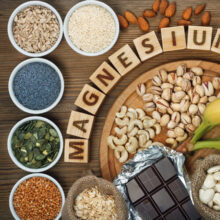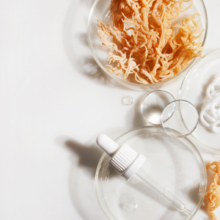6 Top Reasons You Should Avoid a High-Sodium Diet
- Published: Friday, February 7th 2014
- in Nutrition
If you’re eating way too much salt, reduce your sodium with these tips. In the story below, Kimberly Gomer, MS, RD, LD/N, dietitian, of Pritikin Longevity Center & Spa, shares reasons to avoid a high-sodium diet. In a follow-up feature, Robyn Priebe, RD, nutrition leader at Green Mountain at Fox Run, provides easy tips to reduce your sodium intake.
By Kimberly Gomer, MS,RD,LD/N, Dietitian, Pritikin Longevity Center & Spa, Miami, Florida
It is important to distinguish sodium that is naturally found in foods and salt which we add to food.
 You get all the sodium you need from foods. There’s no need to add any extra because there is sodium naturally in many foods.
You get all the sodium you need from foods. There’s no need to add any extra because there is sodium naturally in many foods.- The research is crystal-clear that high blood pressure is the result of a high-salt/sodium diet.
- A half-hour to one hour after you eat a high-sodium meal, the endothelial tissue in your arteries stiffen. That means even if you do not have high blood pressure, you will injure your arteries.
- Salt is added to almost every processed food. The more salt you eat, the more you continue to crave salty foods. As a result, you will lose weight easier and experience less cravings, if you do not eat high-sodium and salty foods.
- Salt makes you retain water, which gives you a bloated look and bloated feeling.
- When eating a healthy amount of sodium, you actually start tasting your food better. Limit added salt and processed foods. Once you start, this gives you more satisfaction and enjoyment from eating fresh, whole foods.


